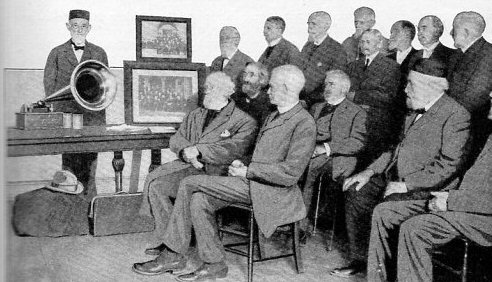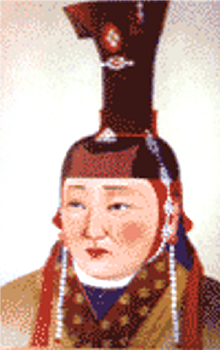I have decided to devote my life to birdsong. No, not that kind of birdsong, all those trills and squawks and cooing noises that birds make. I mean songs about birds. I have not quite worked everything out in my head, but the general idea is to take familiar songs, not originally about birds, and to amend the lyrics to make them more bird-focussed. I feel this would provide an invaluable musical service for both humans and birds. As an example, here is the first fruit of my project, a rewrite of David Bowie’s 1979 hit Boys Keep Swinging. I hope you will agree that this revised version is superior in every way, particularly from an ornithological point of view.
Heaven loves ya
The clouds part for ya
Nothing stands in your way
When you’re a grebe
Plumage regales ya
Life is a pop of the cherry
When you’re a grebe
When you’re a grebe
You can soar through the air
When you’re a grebe
Other grebes check you out
You get a fish
These are your favourite things
When you’re a grebe
Grebes
Grebes
Grebes keep swinging
Grebes always work it out
Uncage the colours
Unfurl the flag
Luck just kissed you hello
When you’re a grebe
They’ll never clone ya
You’re always first on the line
When you’re a grebe
When you’re a grebe
You can dabble about on a pond
When you’re a grebe
Learn to dive and everything
You’ll get your share
When you’re a grebe
Grebes
Grebes
Grebes keep swinging
Grebes always work it out



